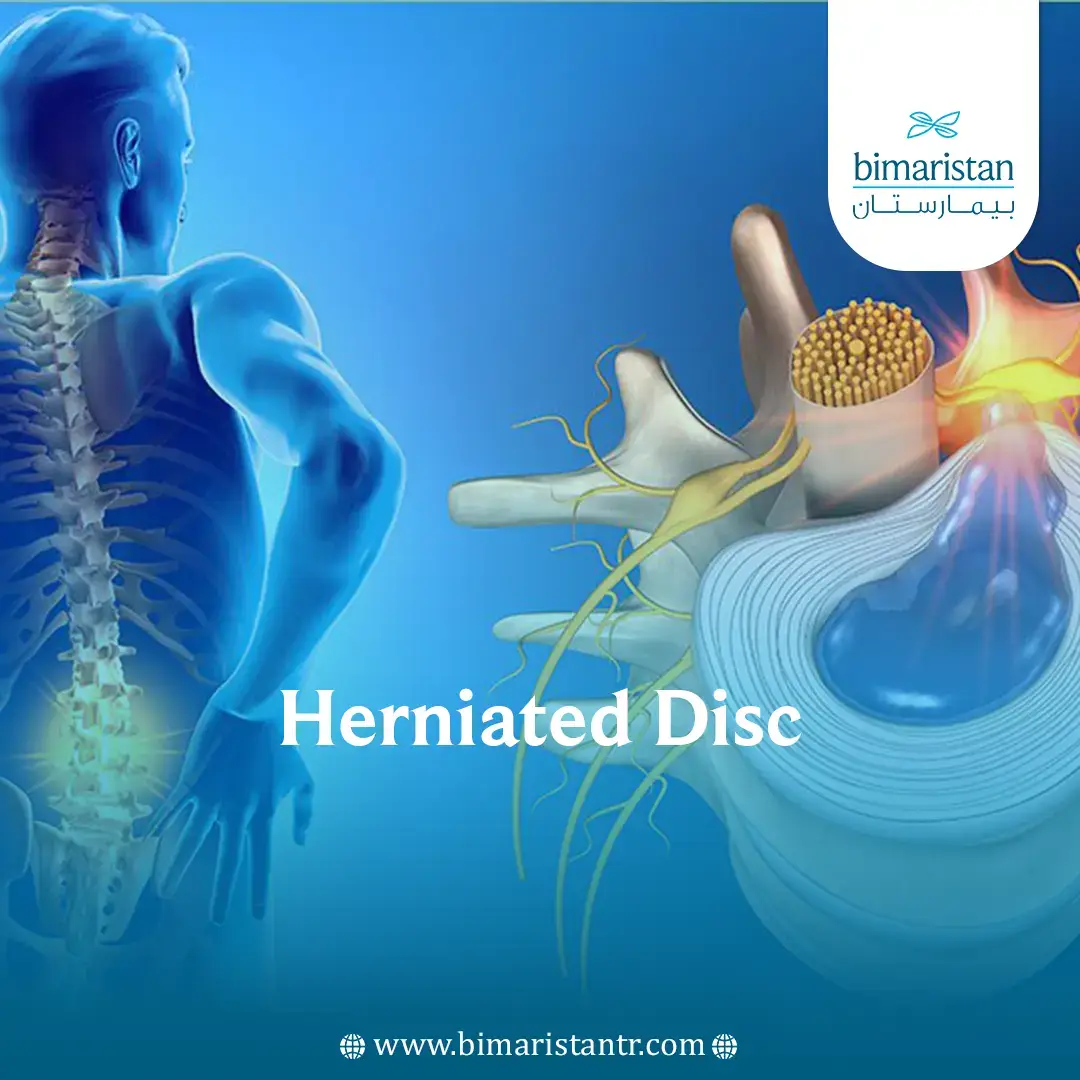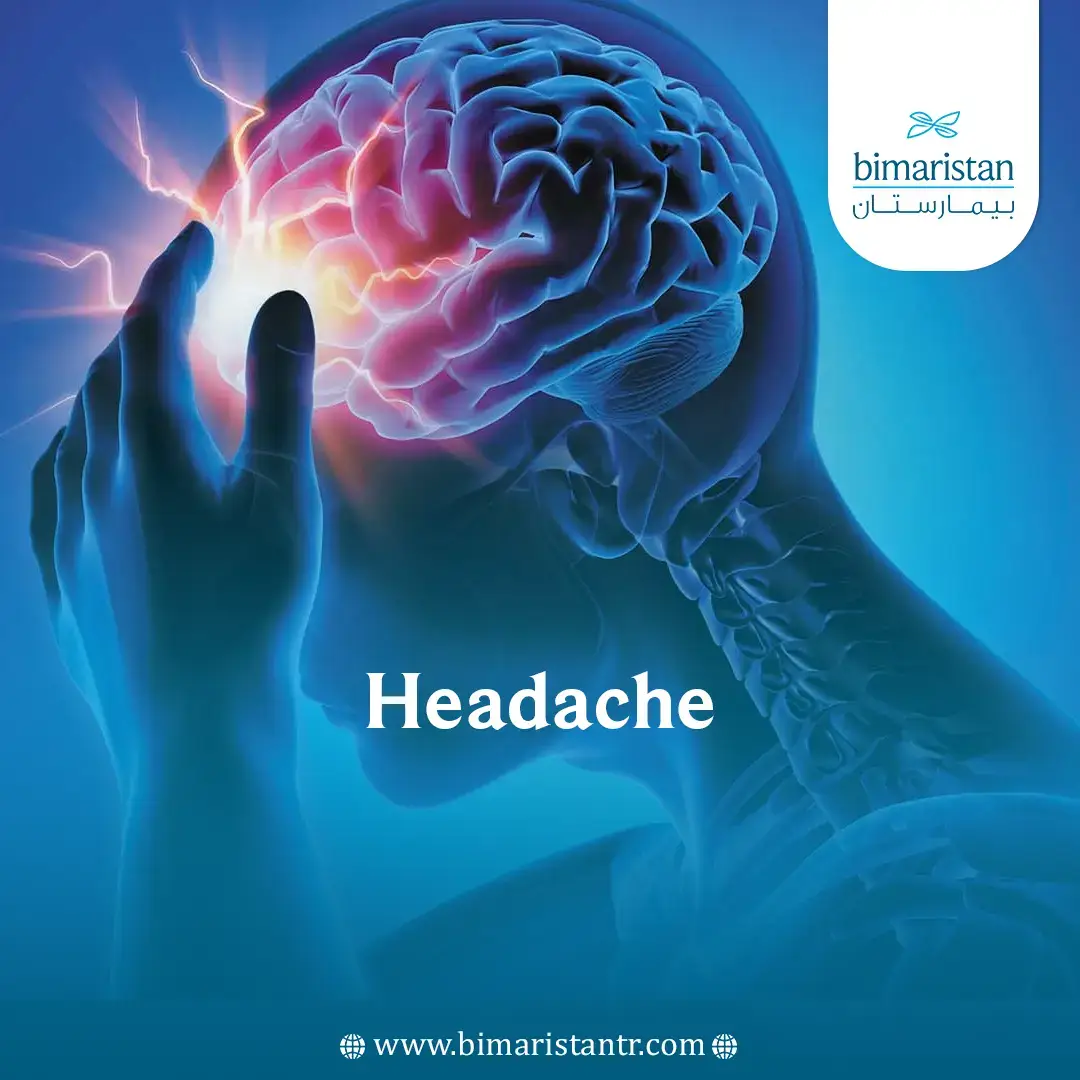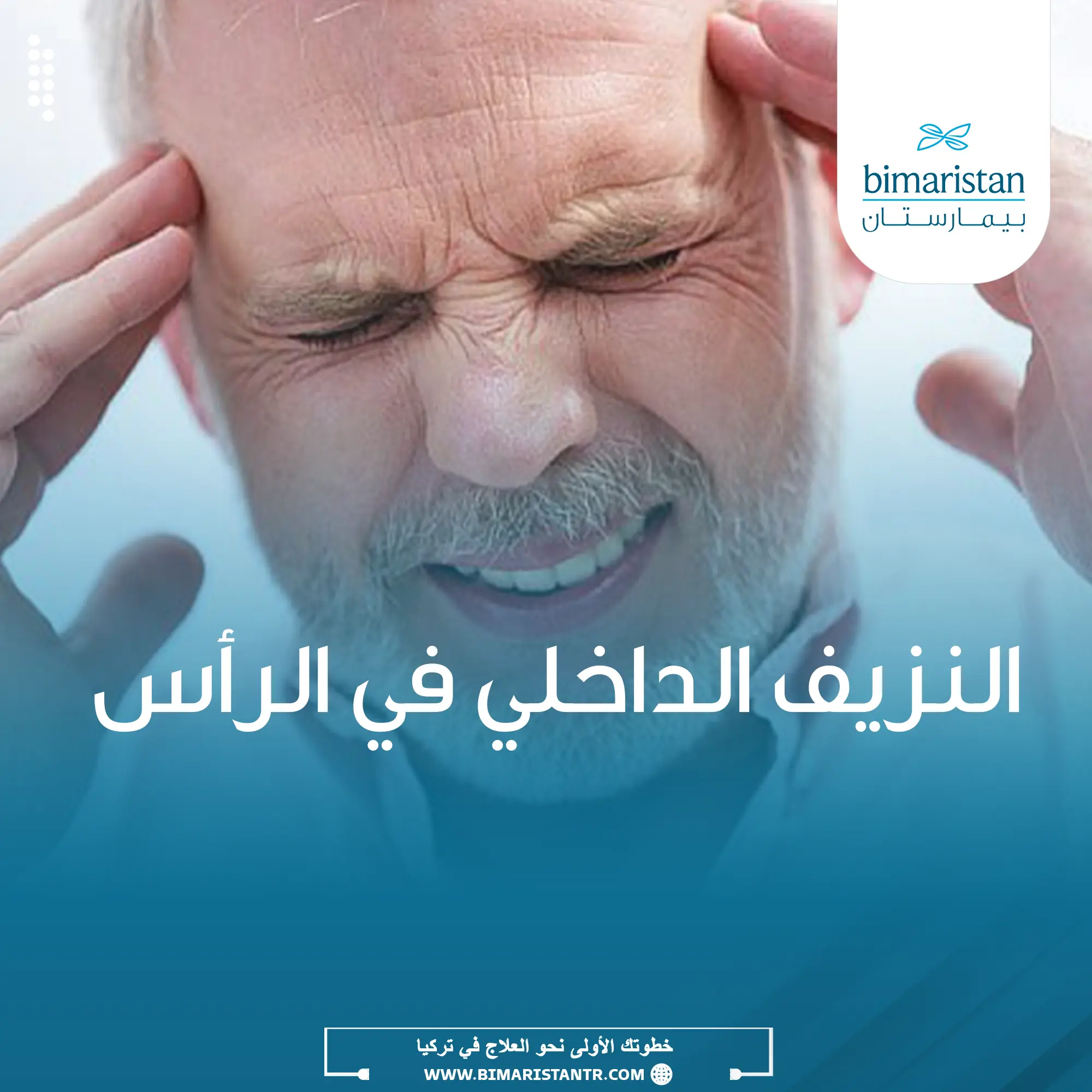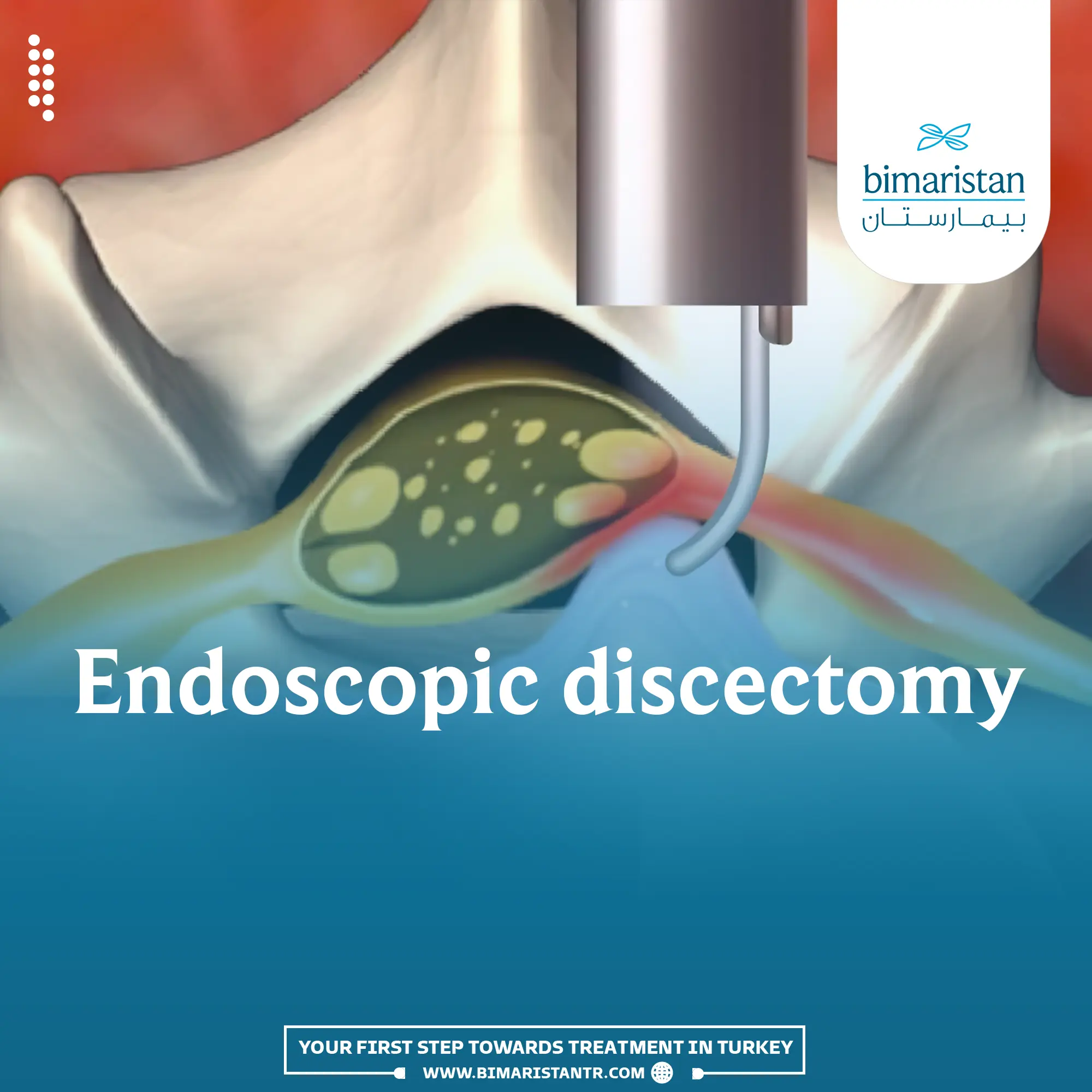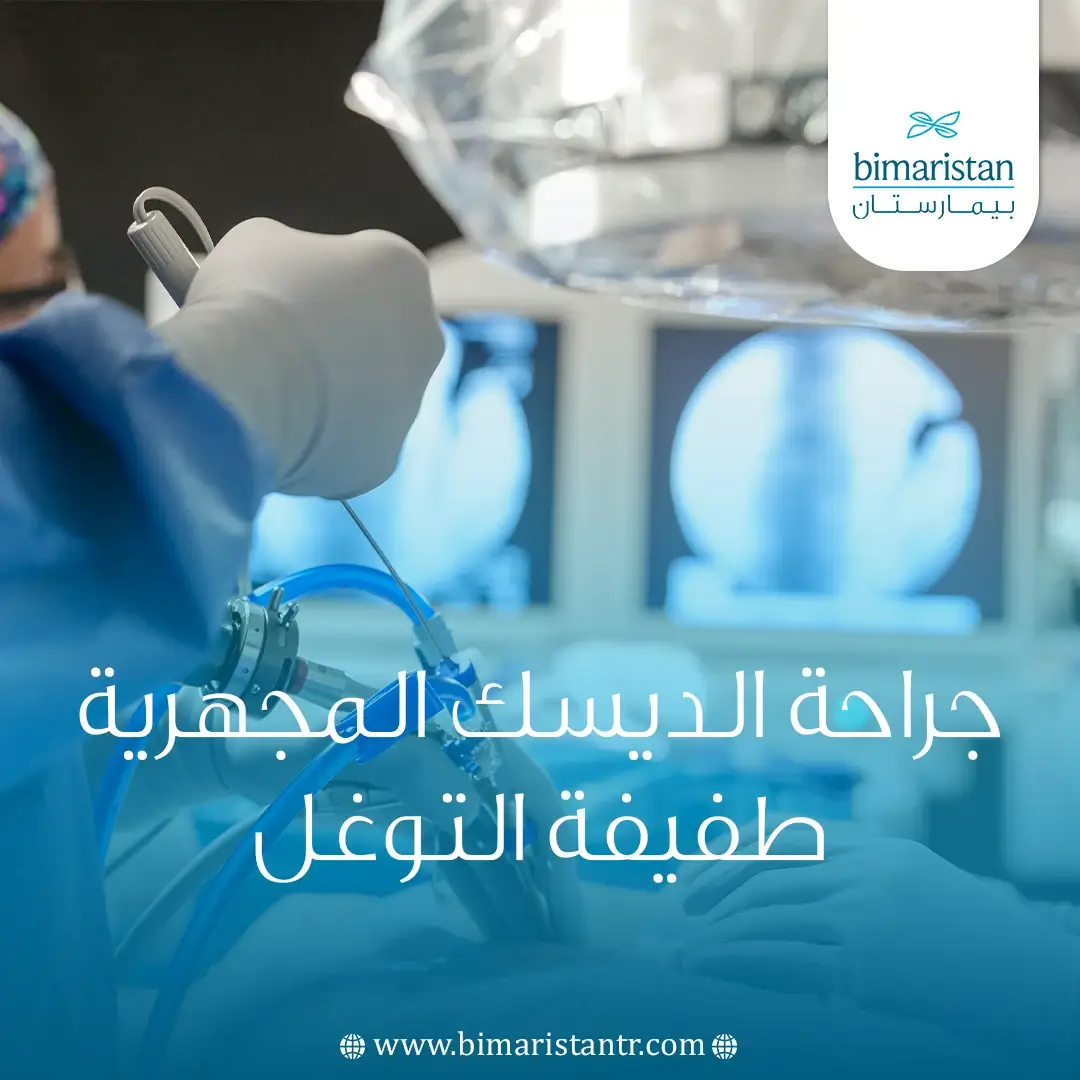
Neurosurgery
The Neurosurgery and Brain Surgery Department in Turkey encompasses surgical operations on the nervous system and everything related to the brain and spinal cord, as well as cranial and peripheral nerve surgeries. Its aim is to diagnose and treat injuries and diseases of the brain, spinal cord, spine, and nerves throughout the body.
What is meant by Neurosurgery and Brain Surgery in Turkey?
Neurosurgery and brain surgery in Turkey is a branch of general surgery. Neurosurgery and brain surgery is considered one of the most complex, difficult, and specialized departments because the organ we deal with is the brain.
It is very common to think that neurosurgery and brain surgery only deal with brain tumors, but the truth is that it is a diverse field that treats many other conditions. With advances in technology and surgical techniques, the field continues to evolve and grow, providing minimally invasive surgical options and shorter recovery times for patients.
Neurosurgery and brain surgery centers in Turkey are renowned for their comprehensive equipment and their multidisciplinary treatment approach, which is very important for the success of common brain and nerve diseases.
The Neurosurgery and Brain Surgery Department in Turkey offers its services through a team of expert doctors equipped with the latest technological equipment, including CT and MRI machines, radiology units, emergency and intensive care units, and modern operating rooms ready around the clock.
What are the branches of Neurosurgery and Brain Surgery in Turkey?
The Neurosurgery and Brain Surgery Department in Turkey provides surgical treatment for conditions such as brain aneurysms, spinal diseases like herniated discs, congenital neurological disorders, and more. Due to the wide range and diversity of diseases and treatments, neurosurgery and brain surgery in Turkey is divided into different categories, such as:
- General Neurosurgery
- Vascular Neurosurgery
- Functional Neurosurgery
- Tumor Neurosurgery
- Skull Base Neurosurgery
- Stereotactic Brain Surgery
- Spine and Spinal Cord Neurosurgery
- Peripheral Nerve Surgery
- Pediatric Neurosurgery
- Interventional Radiology for Neurology
- Neurocritical Care
Common Procedures in Neurosurgery and Brain Surgery in Turkey
Neurosurgery and brain surgery centers in Turkey perform numerous procedures to treat the following conditions:
Brain Tumors
Brain tumors are masses that arise from nerves, brain membranes, or supporting tissues of the brain (such as gliomas), resulting from the abnormal proliferation and growth of cells in the brain. These tumors press on the brain and cause some problems for the patient. It is important to determine whether the tumor is benign or malignant. Benign tumors typically develop slowly and can be removed through surgery or radiation therapy. If the brain tumor is malignant, surgery is often necessary. The location, nature, and extent of the brain tumor are critically important.
Spinal Cord Tumors
These tumors grow and compress the spinal cord. Patients may experience gradual sensory changes such as numbness, tingling, difficulty walking, and pain.
Treatment options for these tumors include surgery, radiation, or monitoring without surgery in some cases, depending on the type of tumor and the severity of symptoms before treatment.
Spinal cord tumors can be classified into tumors that originate within the spinal cord (such as ependymomas, astrocytomas, and hemangioblastomas) and tumors surrounding the spinal cord (such as meningiomas and neurofibromas).
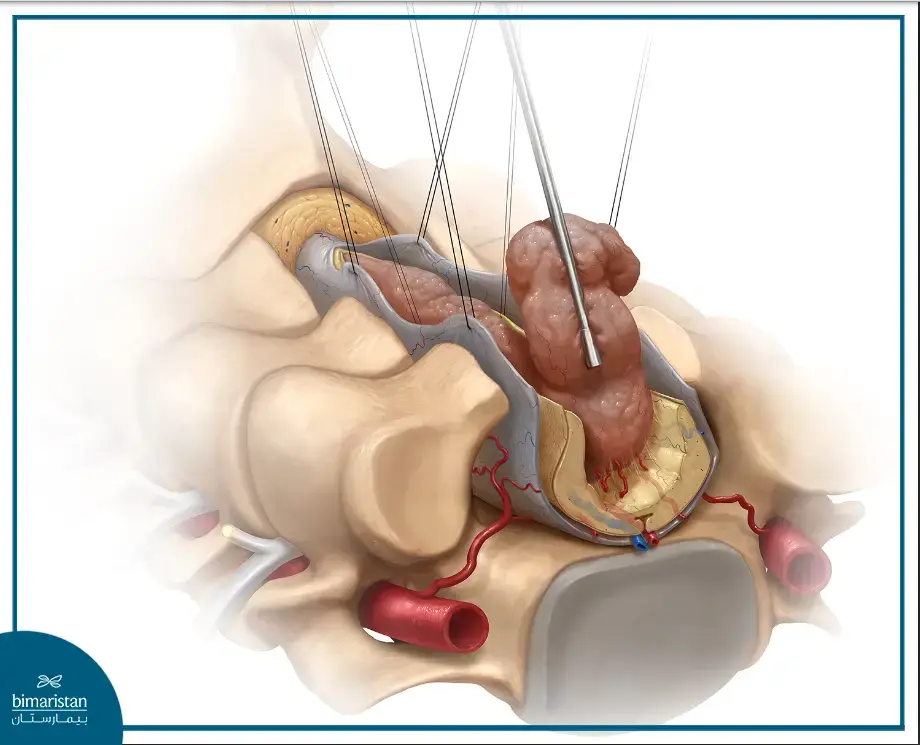
Spinal Diseases
Surgical interventions are performed for painful conditions such as accidents and injuries, as well as age-related conditions like spinal stenosis and certain congenital diseases. Lumbar disc herniation and cervical disc herniation surgeries, along with spinal fixation, are carried out using microsurgical and endoscopic methods. Rehabilitation services are also planned in collaboration with the Department of Physical Therapy and Rehabilitation.
Pediatric Brain and Nerve Diseases
Surgical intervention is performed for congenital and acquired head and spinal diseases in children, such as tumors, vascular diseases, and hydrocephalus.
Trauma and Injuries
These cases are often managed in the intensive care unit. Rapid diagnosis and care can be provided for all types of trauma (head trauma, spinal trauma), including:
- Stroke: Strokes occur due to blockage or bleeding in the brain’s blood vessels. They can cause facial paralysis, speech impairment, and balance problems, requiring immediate medical attention.
- Removal of Blood Clots (hematomas or bleeding) in the Brain
- Repair of Skull Fractures
- Relieving Intracranial Pressure
Functional Diseases
Brain stimulation is especially used in diseases that reduce quality of life, such as Parkinson’s disease, which can be managed with treatments like medications, brain surgery, or deep brain stimulation. Spastic cerebral palsy can be treated through selective dorsal rhizotomy (SDR) procedures. Epilepsy surgery is planned when medication is not successful. A working group composed of neurologists, psychiatrists, and physical therapists conducts necessary evaluations to decide if surgical treatment is necessary.
What Technologies Are Used in Neurosurgery and Brain Surgery in Turkey?
Intraoperative Computed Tomography (O-Arm)
This method allows for the visualization of the progress during surgery. It is particularly used in spinal fixation operations. It has been shown that there is no margin for error in fixation surgeries performed using the O-Arm technique, which can capture three-dimensional cross-sectional images that provide crucial information to the surgeon at every stage of the surgery, eliminating the risk of disease recurrence. This way, the patient is exposed to a small amount of radiation while undergoing surgery with smaller incisions.
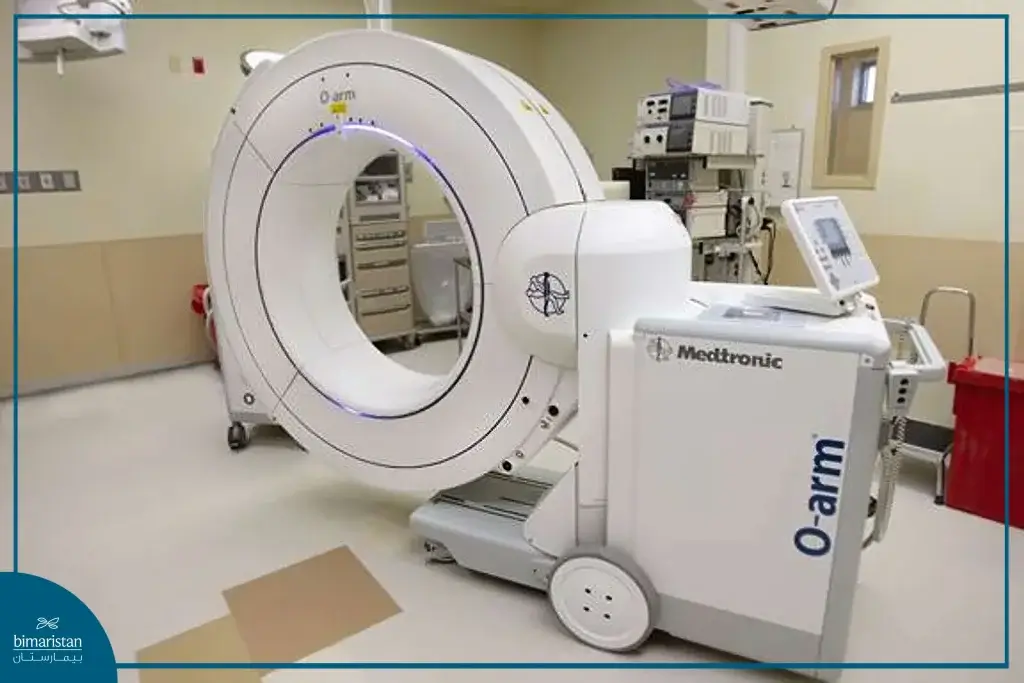
Neuronavigation System
This method is used for brain tumors, brain tumor biopsies, spinal cord surgeries, and Parkinson’s surgery. In this method, the patient is imaged with MRI before the surgery and transferred to the neuro-navigation system. The anatomical or physiological image obtained from the MRI can be used during the surgery. Thus, it is a real-time imaging system during surgery, allowing the visualization of different diseased areas in the patient’s brain or spinal cord. This technique provides a high degree of accuracy in approaching the target area in the brain and spine and reduces the potential damage to healthy tissues during the procedure.
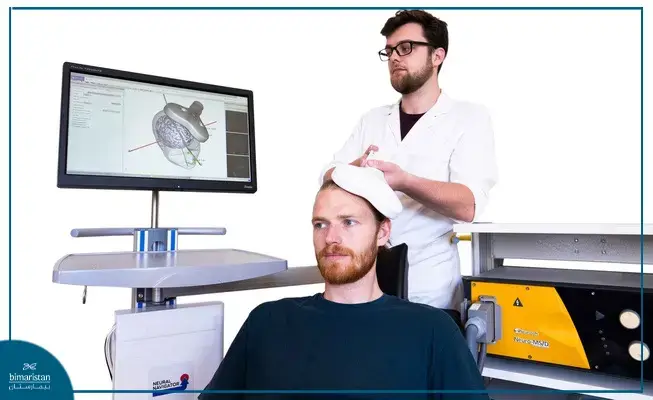
Intraoperative Neurophysiological Monitoring (IONM)
This technique is used for tumors located in sensitive areas of the brain, surgeries for aneurysms or arteriovenous malformations, spinal cord tumors, and delicate spinal surgeries such as scoliosis. After the patient is anesthetized by the neurologist, signals are received throughout the surgery from electrodes placed on the patient’s face, arms, and legs before the surgery. If there is a decrease in the signal, the surgeon is informed that they are approaching a sensitive area. This method reduces the risk of facial paralysis or other complications related to neurosurgery.
Intraoperative Ultrasound (IOUS)
Ultrasound is used to check the location of the tumor in the brain or spinal cord and to determine the extent of its removal. It allows for the complete removal of tumors that are difficult to distinguish from brain and spinal cord tissues.
Neuroendoscopy
Neuroendoscopy provides a wide viewing angle from a small area, especially in narrow regions such as the entrances to the pituitary gland, intraventricular tumors, and in surgeries for hydrocephalus. Additionally, it is an alternative treatment option to microsurgery for common spinal problems like herniated discs.
Gamma Knife
Gamma Knife is a treatment system that uses gamma rays to destroy tumors located in the brain.
Gliolan Staining Technique
Gliolan is administered to the patient before surgery, which causes the tumor to absorb this substance and appear in a different color. During surgery, normal brain tissues and tumor tissues can be seen in different colors using a special filter in the surgical microscope. This method minimizes damage to healthy brain tissues.
Awake Craniotomy
This technique is used in the neurosurgery department in Turkey when performing microsurgery for tumors in the motor areas of the brain. The surgery is conducted with the patient awake to monitor their speech and limb movements, preventing any damage. This increases the success rate of the surgery.
Thanks to advanced technological systems, post-operative risks are minimized.
Cost of Spine Surgery in Turkey
The cost of these surgeries varies depending on the technique used. The cost of scoliosis correction surgery varies from hospital to hospital in Istanbul, generally ranging from $10,000 to $15,000, while vertebral fixation costs around $7,000 to $8,000.
Is Turkey a Distinguished Country in Neurosurgery?
The achievements in neurosurgery in Turkey have been recognized by many countries in recent years. The Global Neurosurgery Journal dedicated a special issue to neurosurgery in Turkey, reflecting Turkey’s importance in the advancement of this field.
The great achievement of Professor Dr. Ugur Ture and his team appeared on the cover of the most important neurosurgery journal in the world. The series and outcomes of successful surgeries performed by the honorary president of the World Federation of Neurosurgical Societies, Professor Dr. Ugur Ture, and his team were featured on the cover of the August 2021 issue of the “Journal of Neurosurgery,” a prestigious journal in the field of neurosurgery worldwide.
In the article announced on the magazine’s cover, titled “Resection of Thalamic Lesions through Microsurgical Techniques,” the results of the surgeries conducted by Professor Dr. Ugur Ture, head of the Department of Brain and Neurosurgery at Yeditepe University Medical Faculty, with his team using specialized techniques developed for “thalamus” surgeries, one of the most challenging areas to reach surgically in the brain, were presented. The success of the surgical techniques developed by Dr. Ture himself has been widely covered globally and will serve as a guide in the field of neurosurgery worldwide.
Best Neurosurgery Hospitals in Turkey
Turkey has a range of hospitals equipped with the latest technologies specialized in neurosurgery, including:
- Medipol Mega University Hospital
- Memorial Hospital (Sisli)
- Ankara Oncology Hospital
Famous Neurosurgeons in Turkey
Turkey is distinguished by having more than 1700 neurosurgeons, trained in the most important centers and hospitals in Turkey, including:
- Professor Dr. Bekir Yavuz Ucar: The godfather of spinal surgery in Turkey.
- Professor Dr. Bekir Tugcu: President of the Turkish Society of Functional and Stereotactic Neurosurgery and Epilepsy.
- Professor Dr. Ahmet Deniz Belen: Chairman of the Vascular Surgery Group of the Turkish Society of Neurosurgery.
Costs of Neurosurgery in Turkey
Alzheimer’s surgery costs around $4,000 and involves several sessions, while tumor surgery costs approximately $10,000, varying based on the type and location of the tumor. Parkinson’s disease surgery costs between $25,000 to $30,000. It is important to note that these prices, while seemingly high, are not so when compared to the prices of these operations in some European countries and the USA.
